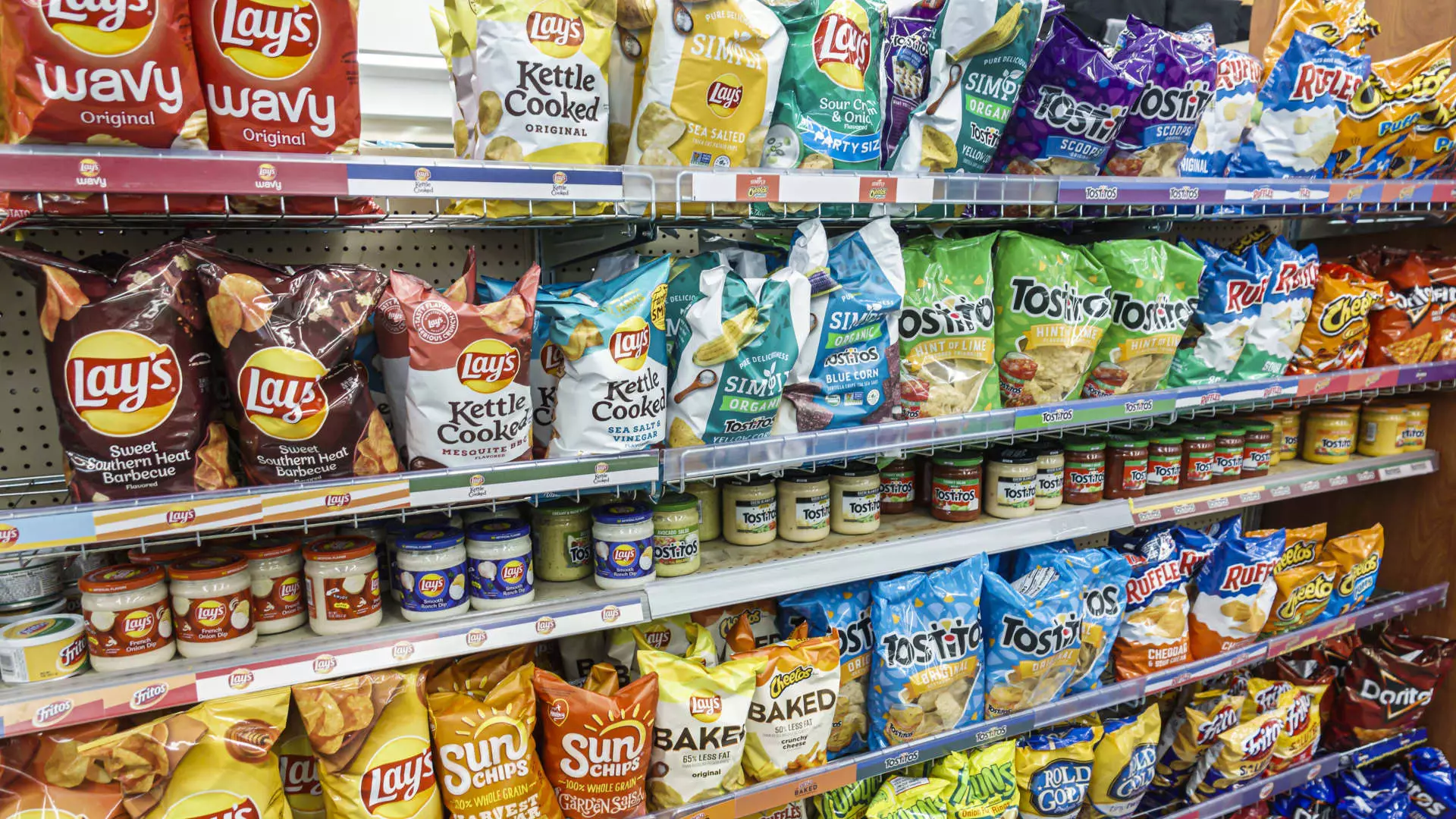On a tumultuous Friday for the financial markets, stocks belonging to processed food companies took a significant dive, fueled by investor anxieties surrounding potential regulatory changes under the incoming administration of President-elect Donald Trump. The appointment of Robert F. Kennedy Jr. as Trump’s nominee for Secretary of the Health and Human Services Department introduced new risks for major food and beverage entities, as traders began re-evaluating the implications of Kennedy’s history of skepticism towards established health policies and practices.
Soda giants PepsiCo and Coca-Cola were among the hardest hit, with their respective stock prices shedding more than 4% and 1.3% late in the day. The reactions were not isolated; General Mills, which produces Cheerios and Betty Crocker products, and Conagra Brands, the maker of popular items like Reddi-wip, also saw substantial declines exceeding 2%. Even the iconic Campbell Soup, famed for its Goldfish crackers and Pepperidge Farm cookies, experienced a near 3% drop, signaling widespread concern within the sector.
The root of the market turmoil lies in Kennedy’s public persona as a vaccine skeptic and conspiracy theorist, raising alarms amongst investors about a potential crackdown on the processed food industry. His rhetoric, particularly his emphasis on overhauling the Food and Drug Administration (FDA) and his critique of current food safety regulations, has caused unease about what a Kennedy-led HHS might mean for companies entrenched in the processed food sector. Kennedy’s criticism of the FDA, notably regarding his comment about Fruit Loops containing an excess of ingredients compared to similar products in Canada, starkly positions him against many brands that rely on complex formulations, often attributed to consumer preferences for diverse flavors and consistencies.
Traders expressed fear that a shift towards a more stringent regulatory environment could impact the profitability of firms that have thrived in a market defined by convenience and expansive ingredient lists. With Kennedy’s “Make America Healthy Again” campaign theme potentially translating into heightened scrutiny, many are questioning whether the industry can adapt swiftly enough to survive regulatory pressures.
Kennedy’s potential Senate confirmation opens the door to a broader reevaluation of how processed food companies operate. If he assumes control over Medicare, Medicaid, and the National Institutes of Health, the repercussions could reverberate beyond immediate financial forecasts and affect long-term brand strategies. Companies will need to gauge not just their compliance costs but also the growing consumer trend towards health-conscious eating, which could further reshape their product offerings.
In light of this chaotic backdrop, brands previously considered staples may need to rethink their ingredient choices, packaging transparency, and marketing strategies to align with an evolving public sentiment that favors healthier options. Companies like Kraft Heinz, whose reputation relies heavily on traditional foods like macaroni and cheese and hot dogs, may find it increasingly challenging to maintain their status quo amidst growing health campaigns.
As the landscape continues to shift and uncertainty remains pervasive, processed food companies must stay vigilant in interpreting market signals and adapting to potential regulatory overhaul. The coming months will be pivotal in determining how both the industry and consumers respond to the new administration’s health policy agenda.

